Depression, Suicide, Antidepressants, SSRIs, Benzodiazepine and Tips to Consider Before or with Meds
Depression and anxiety are some of the most common diagnoses for humans in our modern world, possibly even more so amidst the Covid-19 pandemic and its effects. Please consider these 7 health steps/explorations, discussing them with your healthcare provider. And if you are thinking about suicide please ~please~ reach out to someone for help.
I come across many individuals in my personal and professional life who are on or are prescribed SSRIs, Benzo’s for depression and anxiety. These forms of drugs have become some of the most used pharmaceuticals in our modern day world, especially amidst Covid-19.
Initially in my work, I was concerned that these forms of drugs numbed one’s senses and therefore their sense of connection to the divine layers of life. And then at another version of my experiencing and knowing transcendence I realized that life is divine, whether it knows and experiences this connection or not. Hence, if one’s brain chemistry and/or life circumstances dictate a professional to recommend these forms of meds to assist them in their daily functioning, then so be it. I myself have never taken these classes of drugs but I am also not prone to depression. That is not to say I am 100% happy and positive all the time but I wouldn’t try to compare my rare bouts of doldrums with the clinical depressed states or even suicidal states that some experience. If meds are helping those who need it, then my response is gratitude that we have such assistance and support available to us.
Now, if I were at any time being advised by a professional to take one of these types of meds I would question their advice, for they are also human, can make mistakes and may not be as well trained or well researched in other forms of wellness that are also available and may be effective and far safer to try first. So, if it were me, a client or a loved one I would probably have the prescription available but I would first explore these other options, with a different professional or on my own:
- Am I getting sufficient magnesium, via supplement or other forms?
- Am I getting sufficient D3, via supplements or other forms such as sunlight, or sunlight mimicking lamps?
- Are my food and beverage choices supporting me or harming me (am I following the food choices recommended in Minding the Matter, The Gut Balance Revolution or The Wild Diet, is my body not able to process something I’m regularly ingesting (food allergies/intolerances), is a professional nutritionist such as Connie Rutledge required for a customized review and plan)? Food caused depression is a real thing that unfortunately docs and med professionals don’t talk about.
- Am I sleeping effectively (considering mouth breathing problems (mouth taping and night is an easy and cheap consideration), using a whoop strap to learn my sleep levels, do I have sleep apnea, snoring, noise disturbances that could be helped with wearing noise canceling headphones at night, meditation and de-stressing experiences before sleep, limiting stressors and work before bedtime)?
- Am I breathing properly throughout the day (deep breathing, nasal breathing, breathing and mindfulness practices, meditation)?
- Would meditation and/or mindfulness practices help?
- Would regular movement and/or exercise, even just a 20 minute walk each day, help?
Prescribing professionals, for various, benevolent reasons, tend to go to prescriptions rather than the above, simple, less invasive, and sometimes highly effective paths of action. Because they won’t go to these steps, we need to advocate for ourselves and consider trying them out first.
My intuition tells me that a wide range of health problems could be improved, possibly eliminated or even just more effectively treated if the above 7 health areas were first addressed/improved/resolved. Then a baseline of potential dysfunction would better isolate any actual health problems for a medical provider to more clearly address and help resolve.
Below are various videos with some potentially concerning situations regarding the use of benzodiazepines including some in which a PhD in psychology, Dr. Jordan B. Peterson, had a common reaction called Akathisia which sounds worse than the anxiety he took the benzos for and he became addicted to the benzos, despite only being on a low dose. It is a sad but informative story that I hope offers another perspective to consider before one readily says yes to taking a drug than can cause more problems, and make anxiety even worse, even at low doses. Both videos below have many resource links provided within the video details. What Dr. Peterson’s experience teaches us includes that 1) benzos should not be discontinued without careful planning as severe withdrawal could be experienced, even when only having been on low doses, and 2) that they are not intended for long term usage.
I am not an expert in this area and don’t want to pretend to be. But, I’ve learned that there are things I know that others don’t and if this is helpful and helps you or a loved one make better choices, then I’m happy to make the time for this simple post.
Cheers to your health and wellness,
Jill
For anyone considering suicide:
Please reach out for help.
Below are two quick videos which may help you re-consider and I hope you reach out to a counselor, therapist or even a suicide hotline for the support and attention that you deserve to get through a dark time, ok?
Hours: Available 24 hours. Languages: English, Spanish.
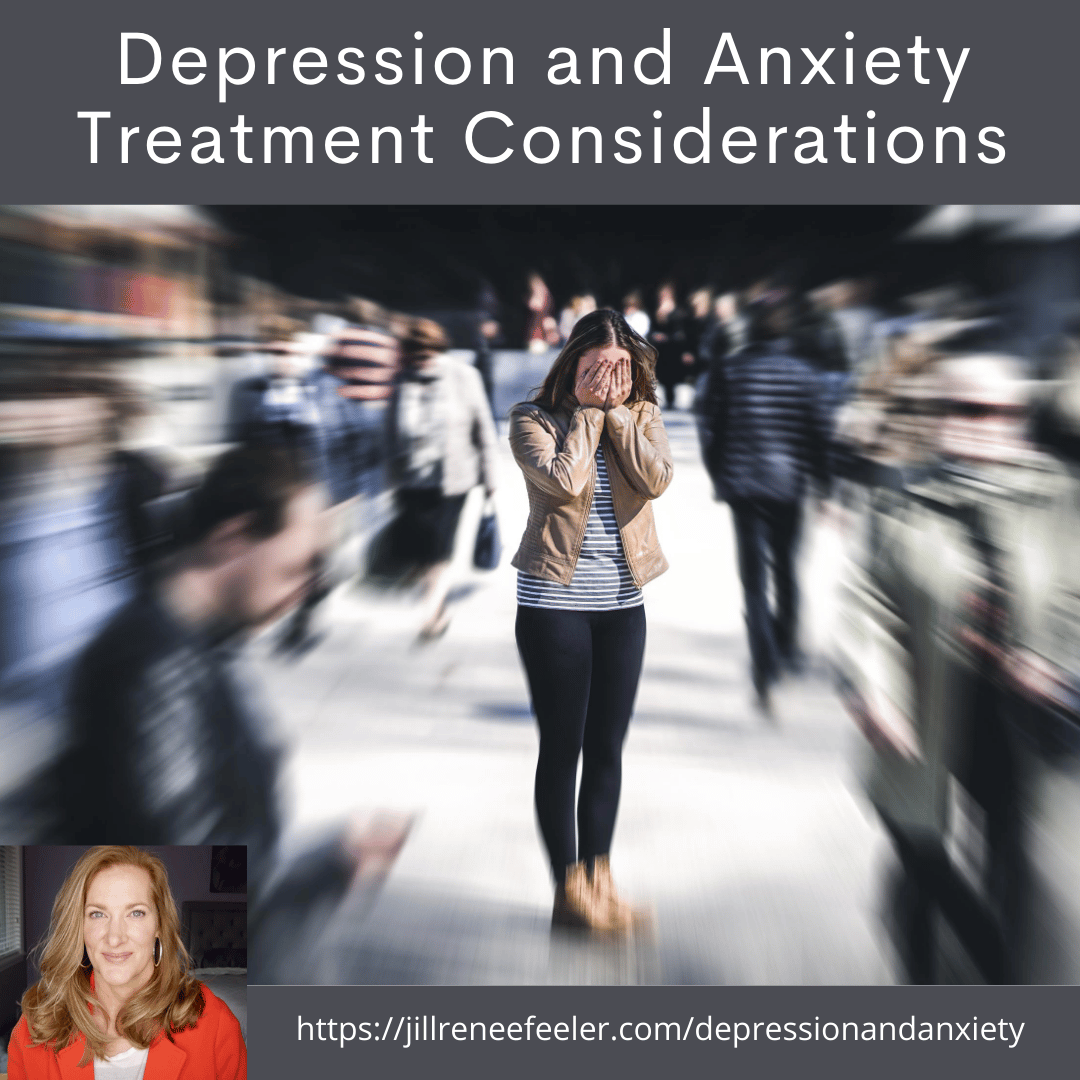
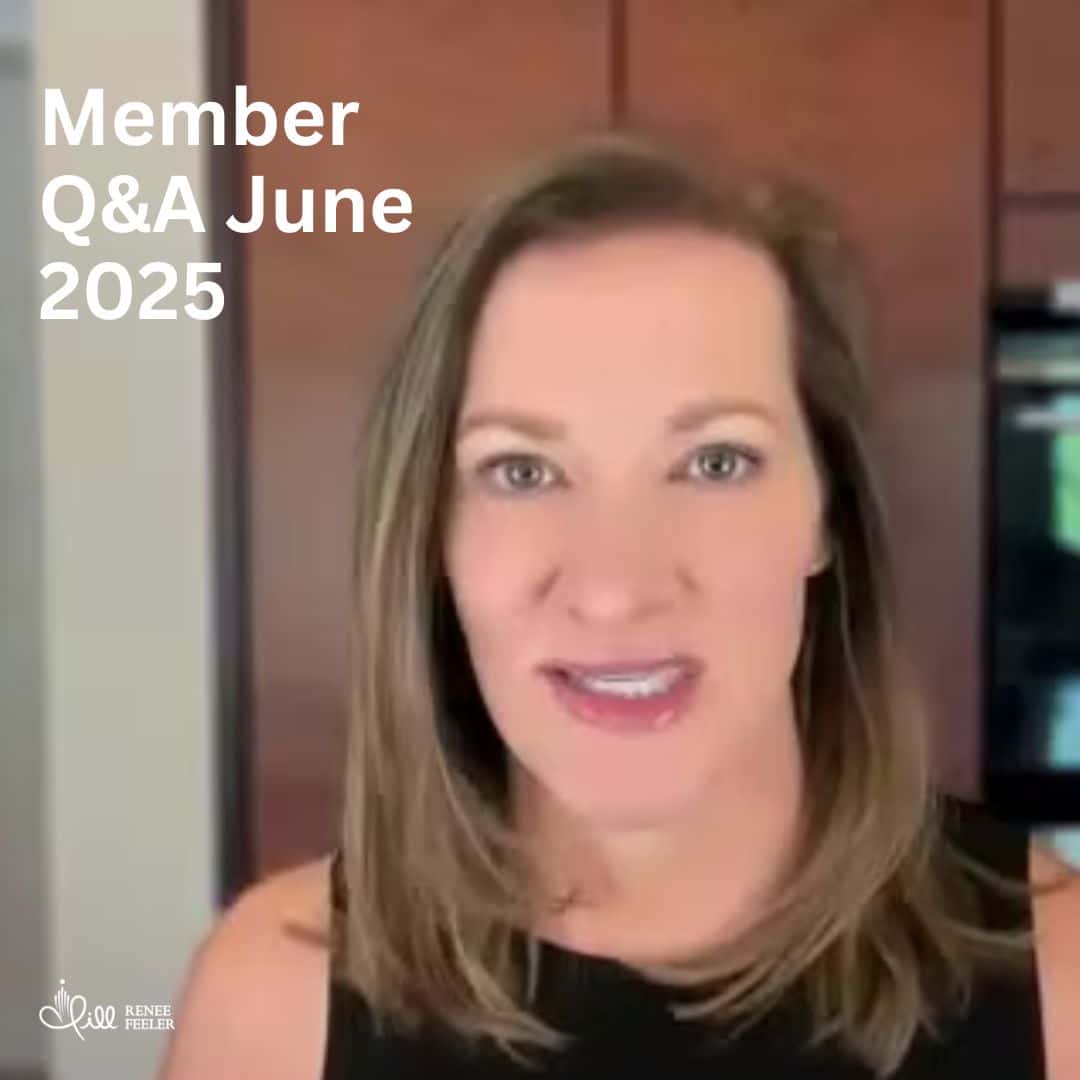
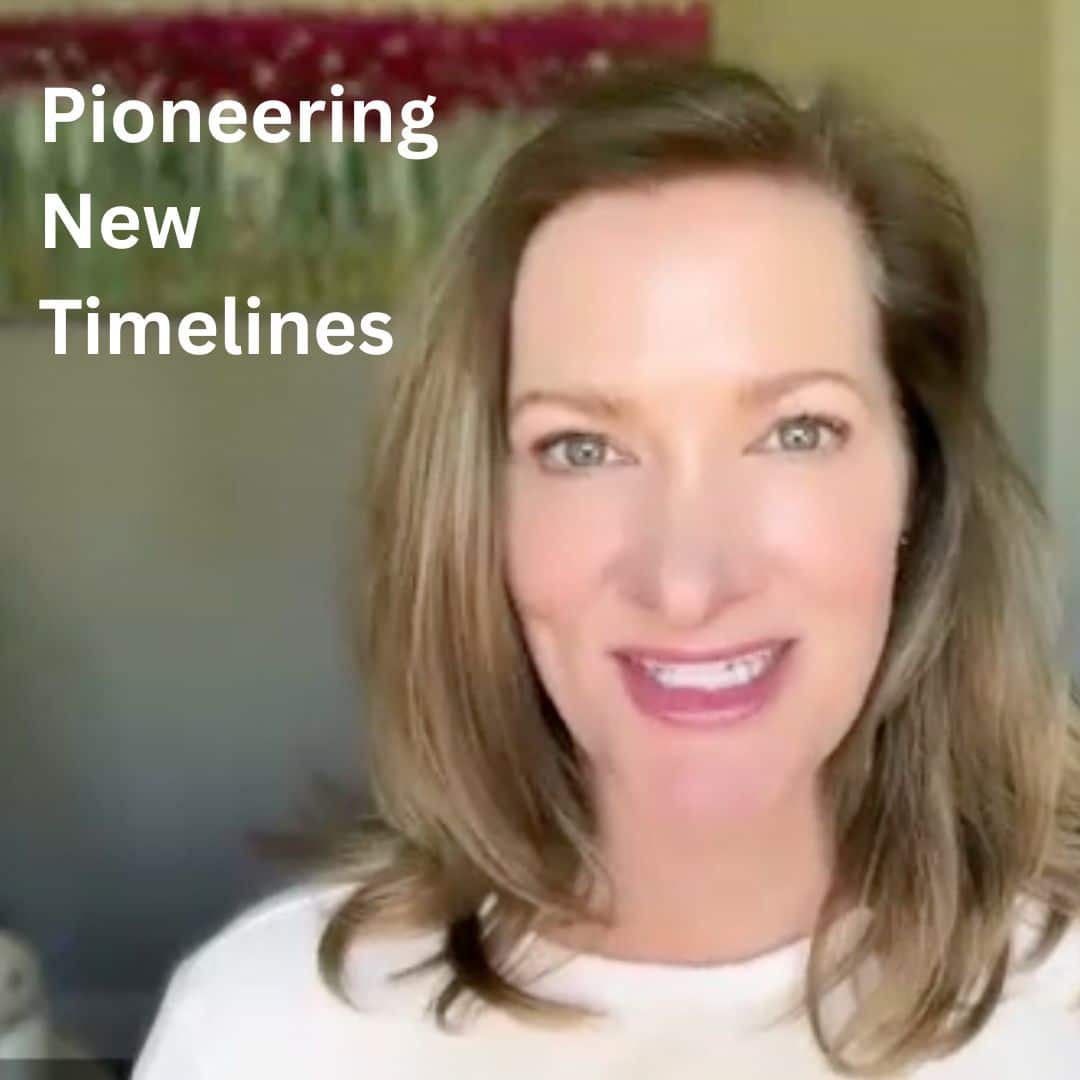
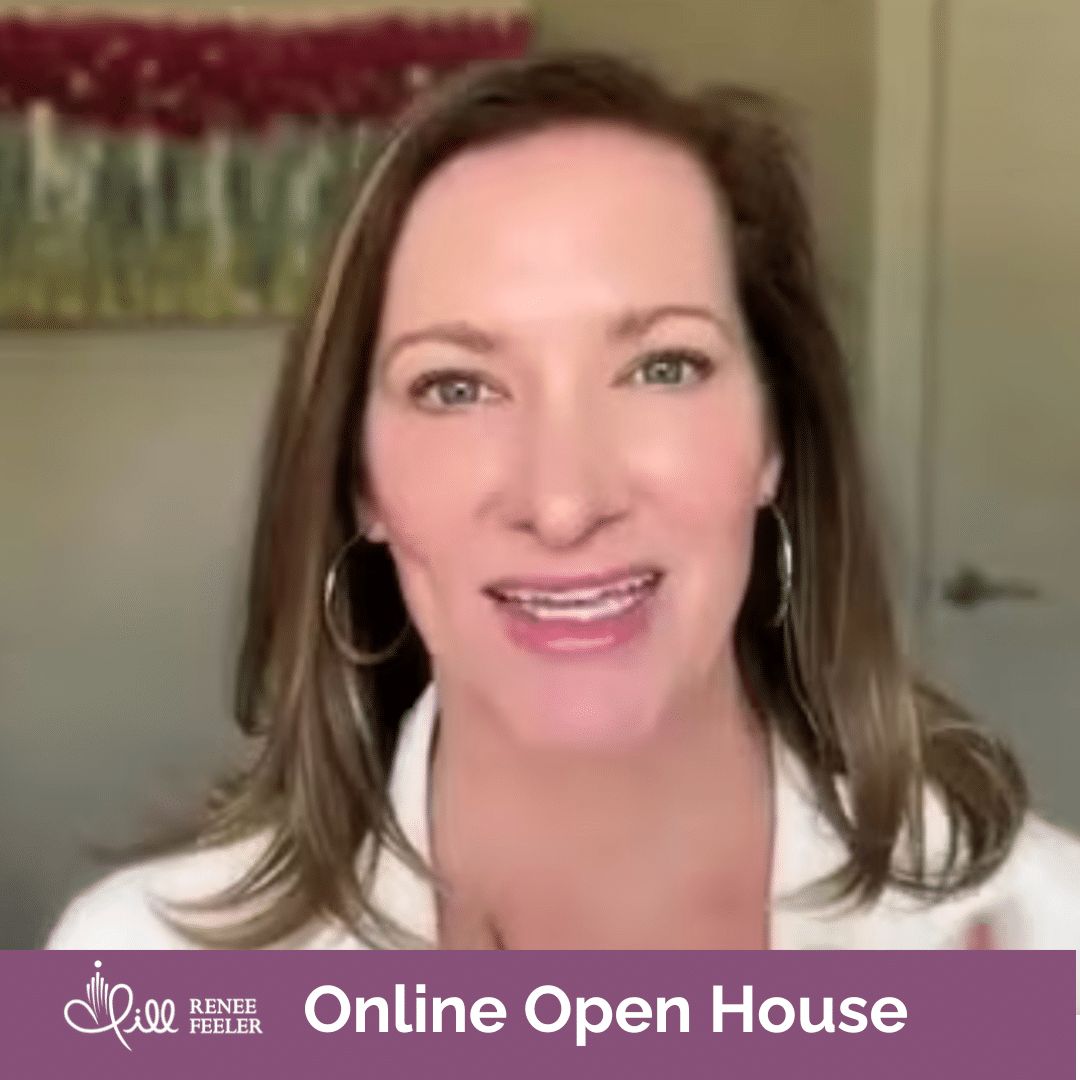
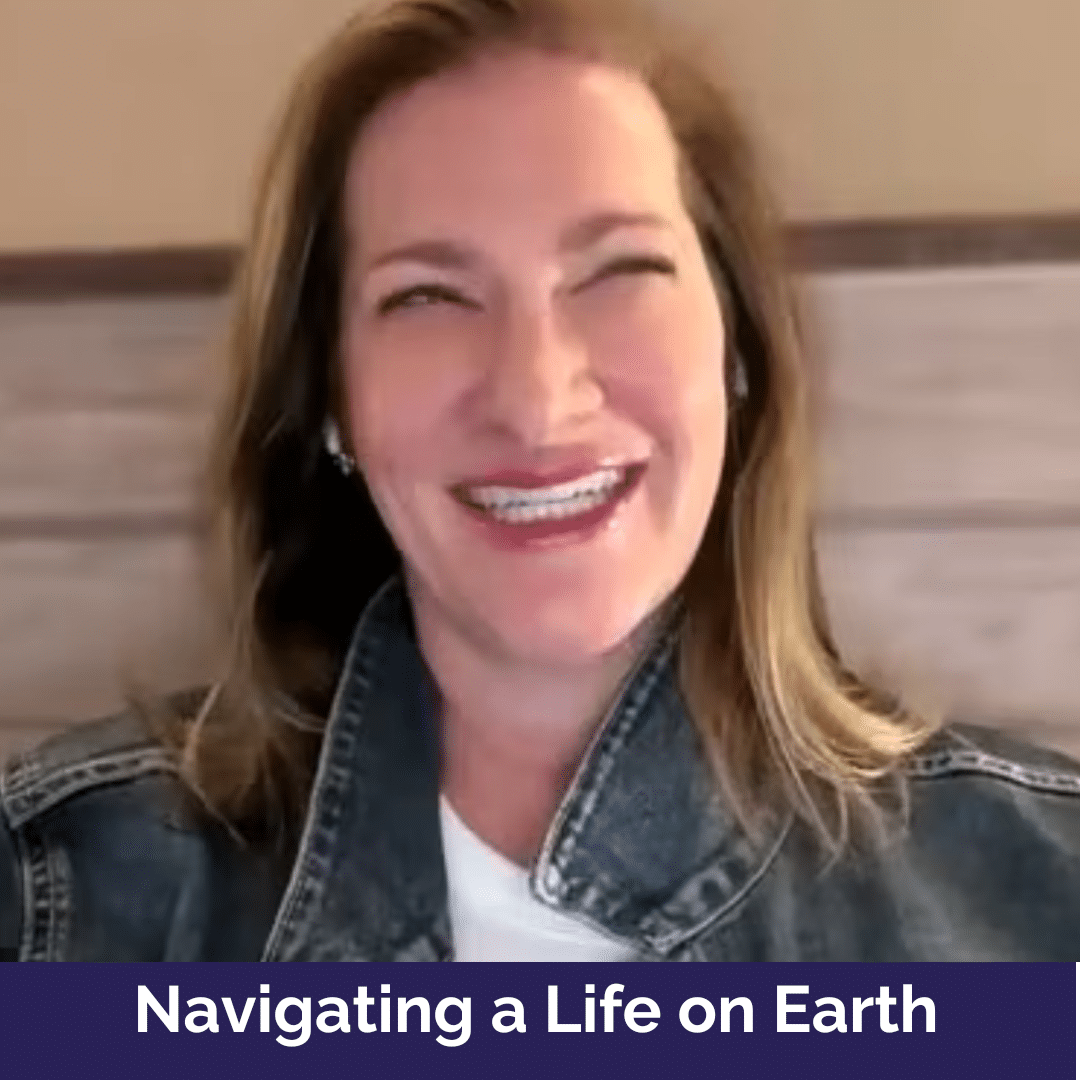
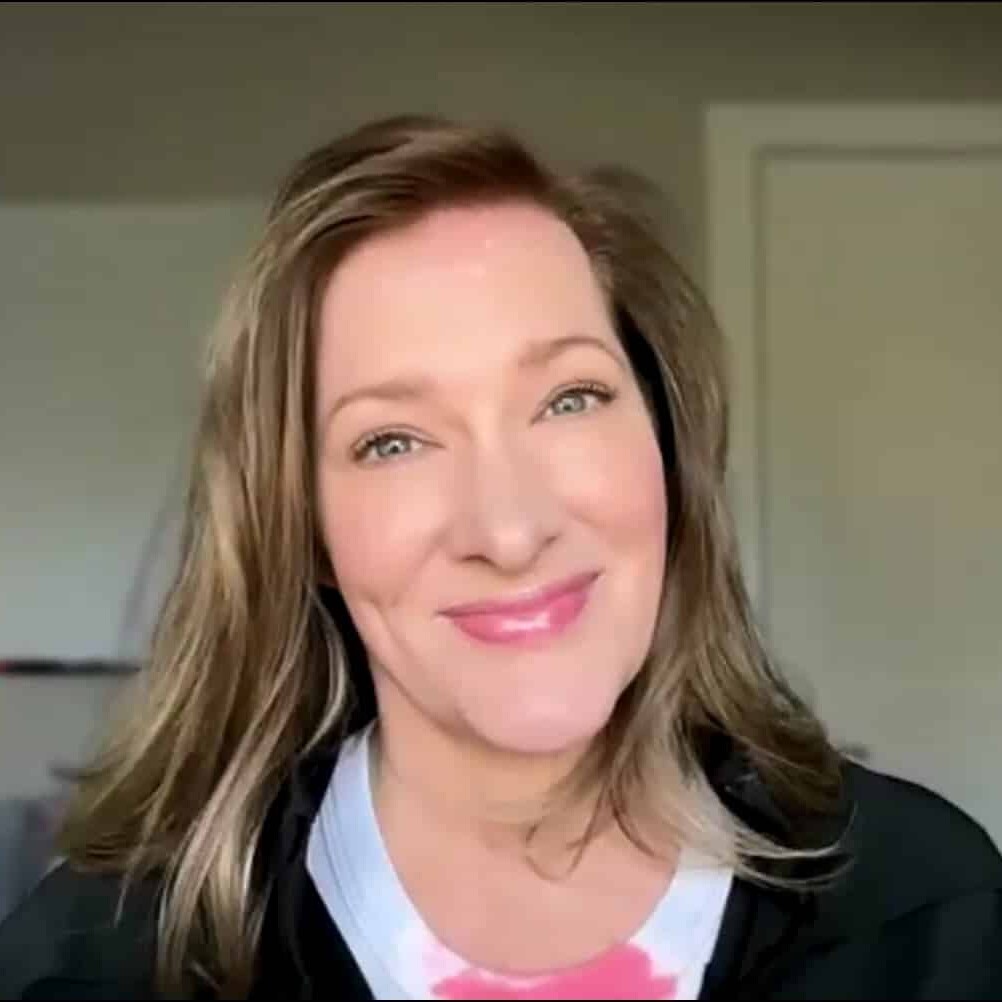
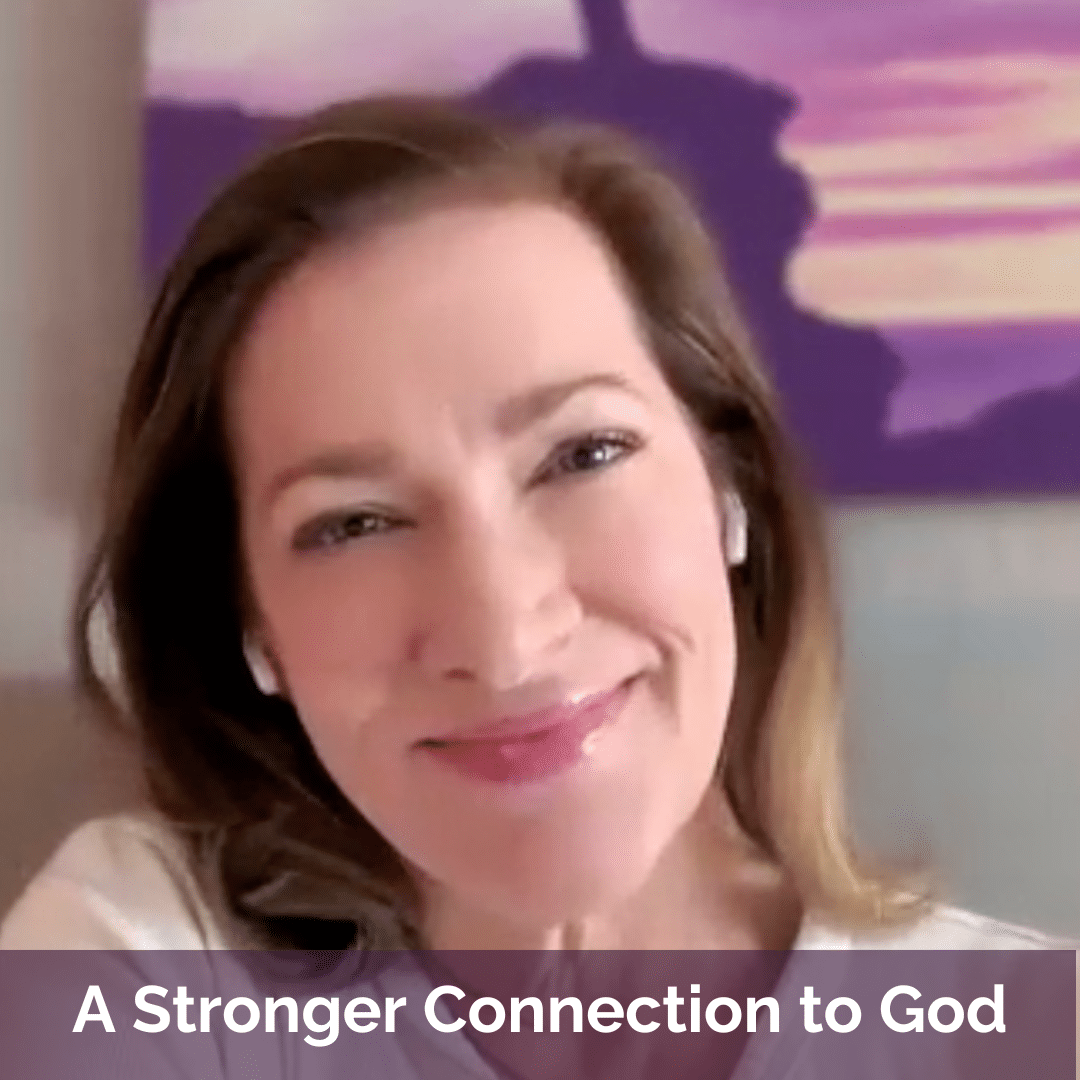
Leave A Comment